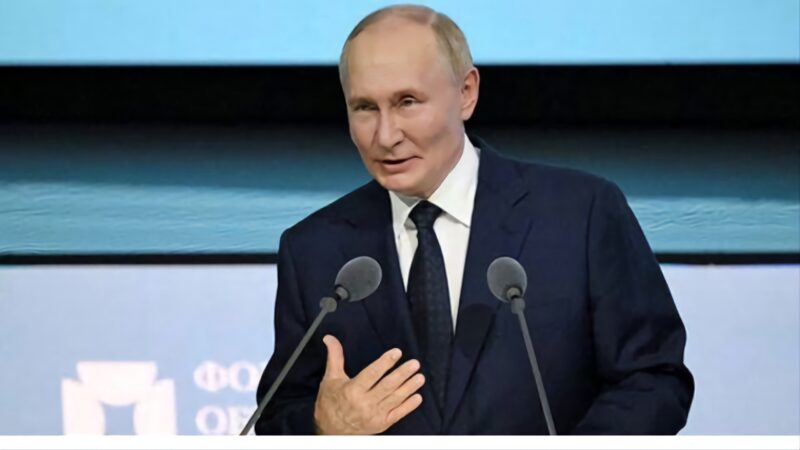President Vladimir Putin Encourages Procreation During Work Breaks to Combat Russia’s Declining Population
In a bold move to address Russia’s declining birth rate, President Vladimir Putin has encouraged citizens to use their work breaks for procreation. According to a report from Metro, Putin proposed that Russians utilize lunch and coffee breaks for intimate encounters, hoping to counter the country’s low fertility rate of 1.5 children per woman—well below the 2.1 needed for population stability.
“The preservation of the Russian people is our highest national priority,” Putin stated. “The fate of Russia depends on how many of us there will be. It is a question of national importance.”
Health Minister Dismisses “Work” as an Excuse
Supporting the initiative, Health Minister Dr. Yevgeny Shestopalov argued that being busy with work is not a valid reason to avoid having children. “You can engage in procreation during breaks because life flies by too quickly,” he said.
The Kremlin has been ramping up efforts to reverse the demographic decline. In Moscow, women aged 18 to 40 are being offered free fertility assessments, and plans are underway to encourage employers to actively monitor and promote childbirth among their staff.
Incentives and Rising Restrictions
In regions like Chelyabinsk, young women under 24 are being offered £8,500 for their first child. Meanwhile, access to abortion is becoming more restricted, with divorce fees rising as part of the government’s strategy to promote family growth.
Public figures and religious leaders are also pushing for early motherhood, urging women to start having children by age 20 to increase the chances of larger families.
Putin’s Own Family Kept Private
Despite the push for a higher birth rate, Putin himself has been private about the exact number of his children. Officially, he has two daughters from his previous marriage, but reports suggest he may also have more children with his long-term partner, Alina Kabaeva.
As Russia faces the prospect of its population dropping from 144 million to 130 million by 2050, the Kremlin’s efforts underscore the urgency of tackling the shrinking workforce and aging population.










Join our Channel...